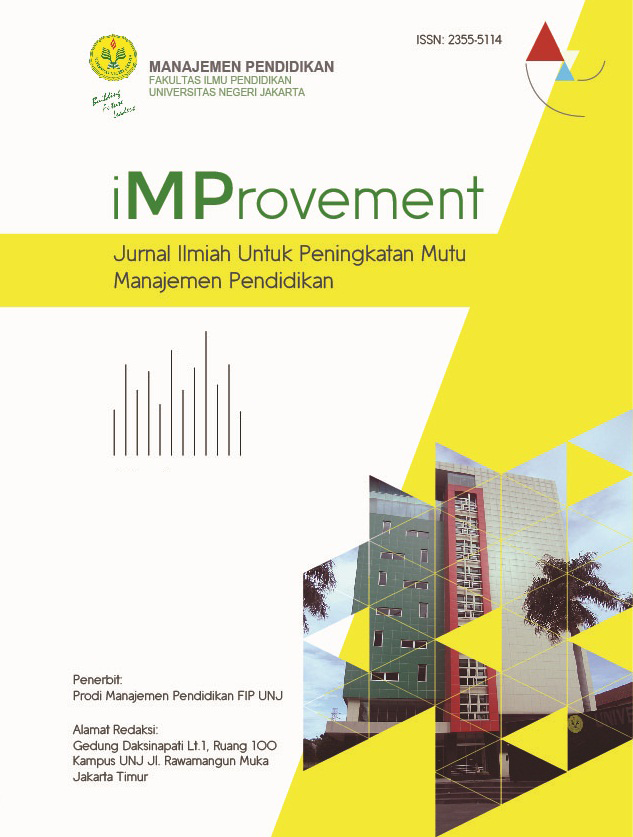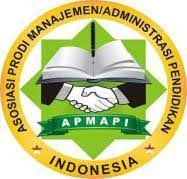MODEL PENDIDIKAN MORAL ANAK JALANAN DI SURAKARTA
DOI:
https://doi.org/10.21009/improvement.v6i1.15848Keywords:
Moral Education Model, Street ChildrenAbstract
The purpose of this study was to determine the model of moral education given by the PPAP Seroja institution to street children in Surakarta, as well as what factors influenced the difficulty of implementing moral education in the PPAP Seroja Surakarta institution. This research is field research (Field Research) that is research conducted directly with the object of research and conducted data collection in the field. This type of research is a descriptive qualitative study conducted at PPAP Seroja Surakarta in 2019, data collected through the method of observation, documentation, and interviews. The analysis was performed using interactive analysis. The conclusions of the study are as follows: the moral education model applied in the PPAP Seroja Surakarta institution using the lecture model, counseling model, model, skills model, and model outing class. Whereas the factors that hinder the implementation of moral education on the moral development of street children in PPAP Seroja Surakarta are the factors of street children who are still lack of interest in street children and tend to be lazy in following moral education, in addition to the factors of mentors who are less competent in delivering moral education material. because the methods used tend to be monotonous so that street children get bored easily, the lack of supporting infrastructure and a less supportive family environment, and less motivation to give street children a moral education.
Downloads
Published
How to Cite
Issue
Section
License
Copyright (c) 2020 Badrus Zaman

This work is licensed under a Creative Commons Attribution-NonCommercial-ShareAlike 4.0 International License.
Authors who publish with this Journal agree to the following terms:
- Author retain copyright and grant the journal right of first publication with the work simultaneously licensed under a creative commons attribution licensethat allow others to share the work within an acknowledgement of the work’s authorship and initial publication of this journal.
- Authors are able to enter into separate, additional contractual arrangementfor the non-exclusive distribution of the journal’s published version of the work (e.g. acknowledgement of its initial publication in this journal).
- Authors are permitted and encouraged to post their work online(e.g. in institutional repositories or on their websites) prior to and during the submission process, as it can lead to productive exchanges, as well as earlier and greater citation of published works.
-
Users/public use of this website will be licensed to CC BY-NC-SA (Attribution & Non-Commercial-ShareAlike)



